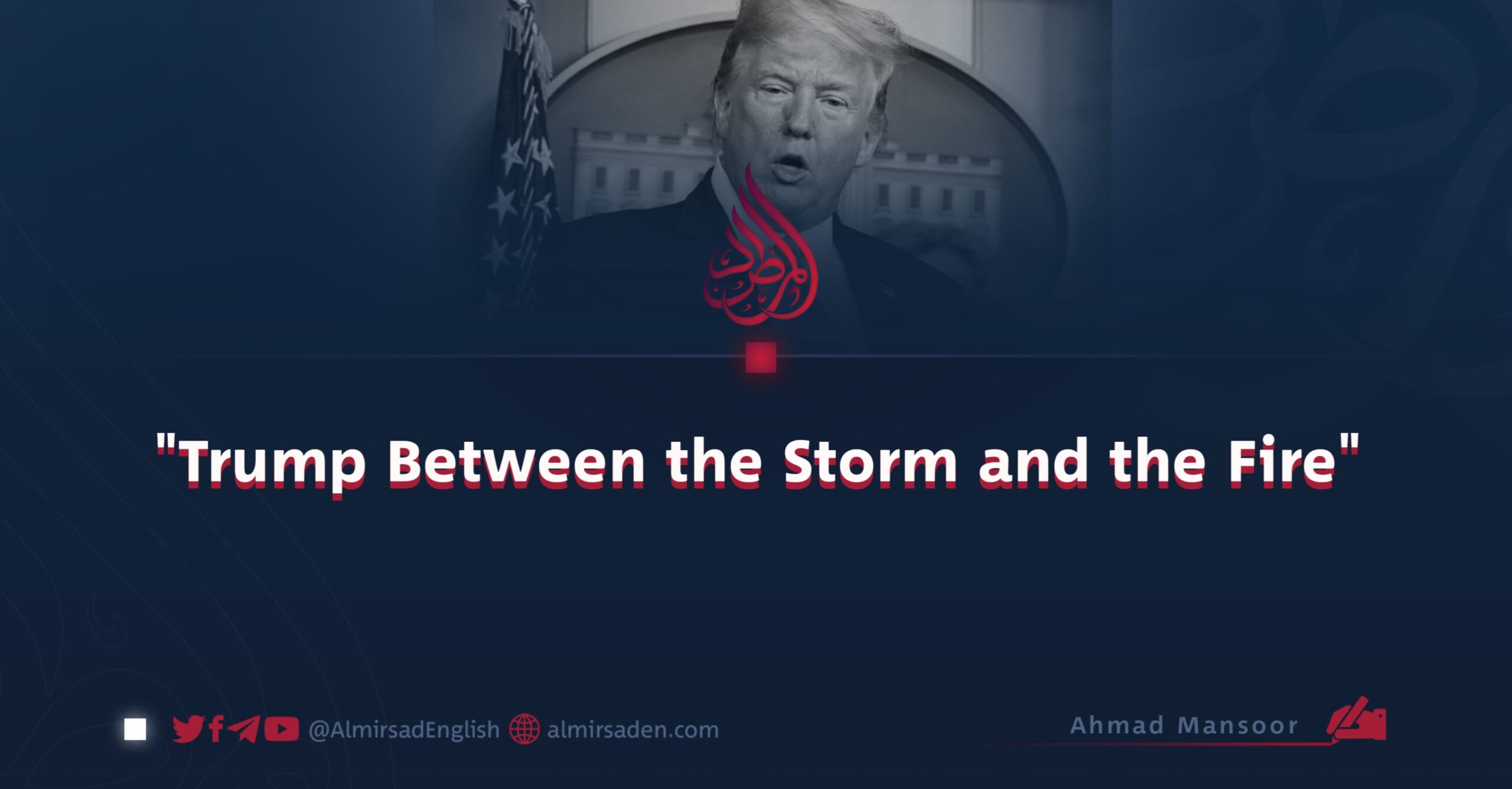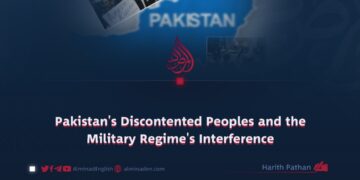Written by: Ahmad Mansoor
Trump is commencing his second term at a time when the United States is facing significant challenges. This time, it is not the world that requires concern, but rather the U.S. itself that must ponder, “What comes next? as it engages in genuine competition with the East.
Before delving into the subject in depth, let us briefly revisit the recent U.S. elections. It is an established fact that elections on a global scale are primarily a spectacle. Developed countries take them seriously in media and in practice to showcase their dedication to democracy, indicating that popular governance can arise in this manner.
In reality, the president is designated in advance, and public sentiment is covertly manipulated to accept it. The recent U.S. elections highlighted a distinct perspective and stance on issues related to women, despite professing to champion women’s rights and equality with men.
This raises an important question: Why did candidate Kamala Harris not succeed? Previous male presidents have been tried and tested, yet many political analysts speculate that the U.S. is not prepared for a female leader, regardless of its public rhetoric.
Now, turning back to the core issue: How does Trump find himself caught Between the Storm and the Fire? Trump has made statements, both prior and subsequent to his victory, that could prove detrimental whether he acts upon them or ignores them. These statements include pledges to resolve conflicts in Palestine, Lebanon, and Ukraine, as well as his assertion that Bagram Air Base should be reclaimed.
If he endeavors to resolve the Middle Eastern conflicts, it is evident that coercive measures have been ineffectual, thus requiring peaceful tactics to bring these disputes to an end. This would also pose a considerable challenge as Hamas seems unwilling to relinquish its rights, and Netanyahu would view any concession as a defeat.
Similarly, the Ukraine-Russia conflict bears some resemblance to the Palestinian situation. Russia is unwilling to withdraw from Ukraine as it would diminish its position, and Ukraine remains steadfast in its defensive stance. One potential resolution to the Ukraine-Russia conflict could be for the U.S. to cease all assistance to Ukraine.
In essence, these issues present formidable complexities for the U.S., with inevitable defeats looming in both scenarios. Failure in one aspect would likely lead to setbacks in the other.
The Assertion to Retake Bagram
Before delving into this, it is pertinent to mention that Afghanistan’s Islamic Emirate has reemerged with greater military, political, and cultural strength. Its balanced political strategy has persuaded the region that stability and progress stem from mutual collaboration and economic policies. Should Trump choose to act upon his campaign vow to retake Bagram, he would encounter two significant repercussions:
1. It would contravene the Doha Agreement, tarnishing the U.S.’s international reputation and reinforcing the perception of its unreliability.
2. This decision would bolster the Eastern Bloc.
Exiled Republicans suggest Trump may terminate the $40 million monthly aid to Afghanistan. However, such a move would result in repercussions for the U.S., as it would validate suspicions that its humanitarian proclamations are merely symbolic.
If indeed this aid is directed towards the Taliban, as posited by fugitive Republicans, then the American government would face substantial backlash from its populace. Nonetheless, suspending these funds would not impact the IEA as significantly as its adversaries anticipate; rather, it would bolster support for America’s opposition Bloc.
In conclusion, the Islamic Emirate of Afghanistan (IEA) has gleaned valuable lessons from the past. Its judicious policies, astute political maneuvering, and effective dialogues have countered its adversaries’ strategies, while the U.S. is steering its military strategies toward ruin. Hence, it is reasonable to conclude that Trump—and the United States—find themselves Between the Storm and the Fire, a predicament that may ultimately lead to their downfall.



















































